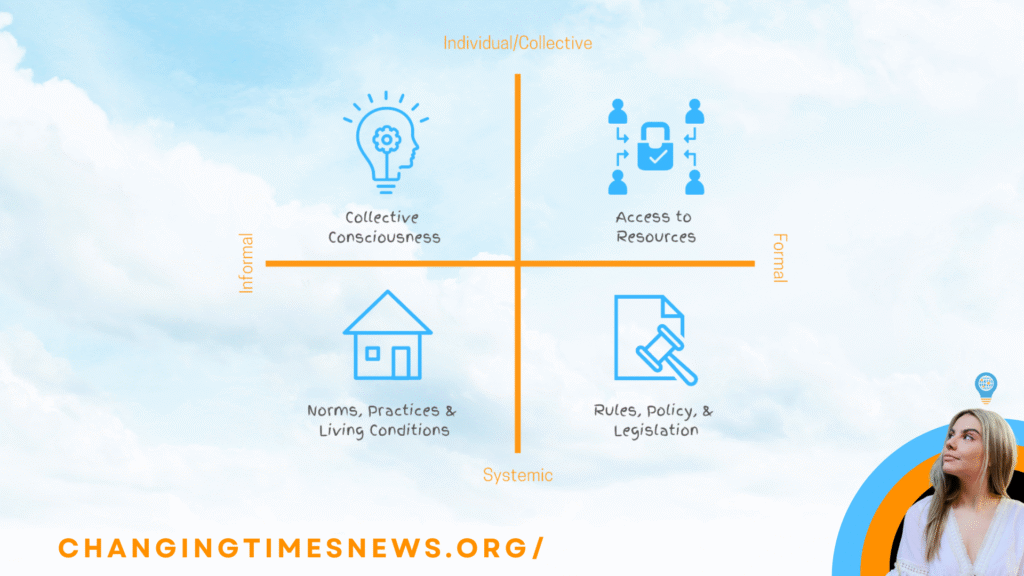When we talk about building stronger, more resilient communities, the spotlight often falls on governments, nonprofits, or big corporations with the resources to scale. But as entrepreneur and thought leader Janae Wright reminds us, it’s often the small businesses—the barbershops, cafes, and local service providers—that act as the glue holding communities together.
Wright, the founder and CEO of Prius Business Management, has spent over 23 years helping small businesses and nonprofits thrive. His journey from Guyana to the boardrooms of New York has been shaped by a conviction: “There’s a really great connection between good small businesses and great communities.”
The Three Cs of Business and Community Impact
In the latest episode of Changemaker Q&A, Wright shares the framework he uses to support entrepreneurs: the Three Cs—compliance, culture, and consistency.
- Compliance provides the foundation, ensuring businesses are structurally sound and built on strong systems.
- Culture represents the heart of an organization, shaping the experiences of staff, customers, and the wider community.
- Consistency builds trust, loyalty, and long-term sustainability.
Together, these principles don’t just help businesses succeed—they help communities flourish.
The Ripple Effect of Local Businesses
For Wright, the power of small businesses lies in their ability to ripple outward. He recalls his Brooklyn neighborhood barbershop that trained dozens of barbers, mentored young people, and even rewarded kids for good report cards. “That connection expands a community,” Wright explains. “The impact a small business owner can have is exponential.”
Research backs this up. A study from the Institute for Local Self-Reliance found that small, locally owned businesses recirculate significantly more money into local economies than large chains source. Beyond economics, they also foster social trust, mentorship, and opportunities for civic engagement.
Challenges in the Age of Amazon
Of course, small businesses face formidable challenges. Giants like Amazon and Walmart have reshaped consumer expectations around price and convenience. Wright acknowledges the uphill battle but notes that small businesses often innovate through service, relationships, and community focus.
According to the U.S. Small Business Administration, small firms make up 99.9% of all U.S. businesses and employ nearly half of the private workforce source. Yet, they often lack the resources of their larger competitors. This makes Wright’s message about sustainability and adaptability all the more urgent.
Empowerment Through Entrepreneurship
Wright also stresses that entrepreneurship is about more than profit. It’s a tool for empowerment, equity, and personal freedom. Having hired over 40 people during the life of his company, Wright takes pride in creating flexible, remote jobs that allow parents to spend more time with their families.
He urges aspiring entrepreneurs not to be deterred by fear or lack of representation. “Just because you don’t see the representation of who you are doesn’t mean you can’t be the first person in that community,” he says.
Looking Ahead
The future, Wright predicts, will bring new challenges—and opportunities—through rapid technological change, particularly artificial intelligence. For small businesses to survive, he argues, they must embrace innovation while doubling down on the human connections that no algorithm can replace.
Go For It
For anyone on the fence about starting a business, Wright’s advice is simple: “Go for it.” Whether through a new idea or by taking ownership of projects within existing organizations, he believes that entrepreneurial thinking has the power to create lasting change.
As Wright’s own journey shows, small businesses are more than economic engines. They’re places where trust is built, opportunities are shared, and communities are strengthened. In a world increasingly dominated by global giants, that local impact may matter more than ever.


